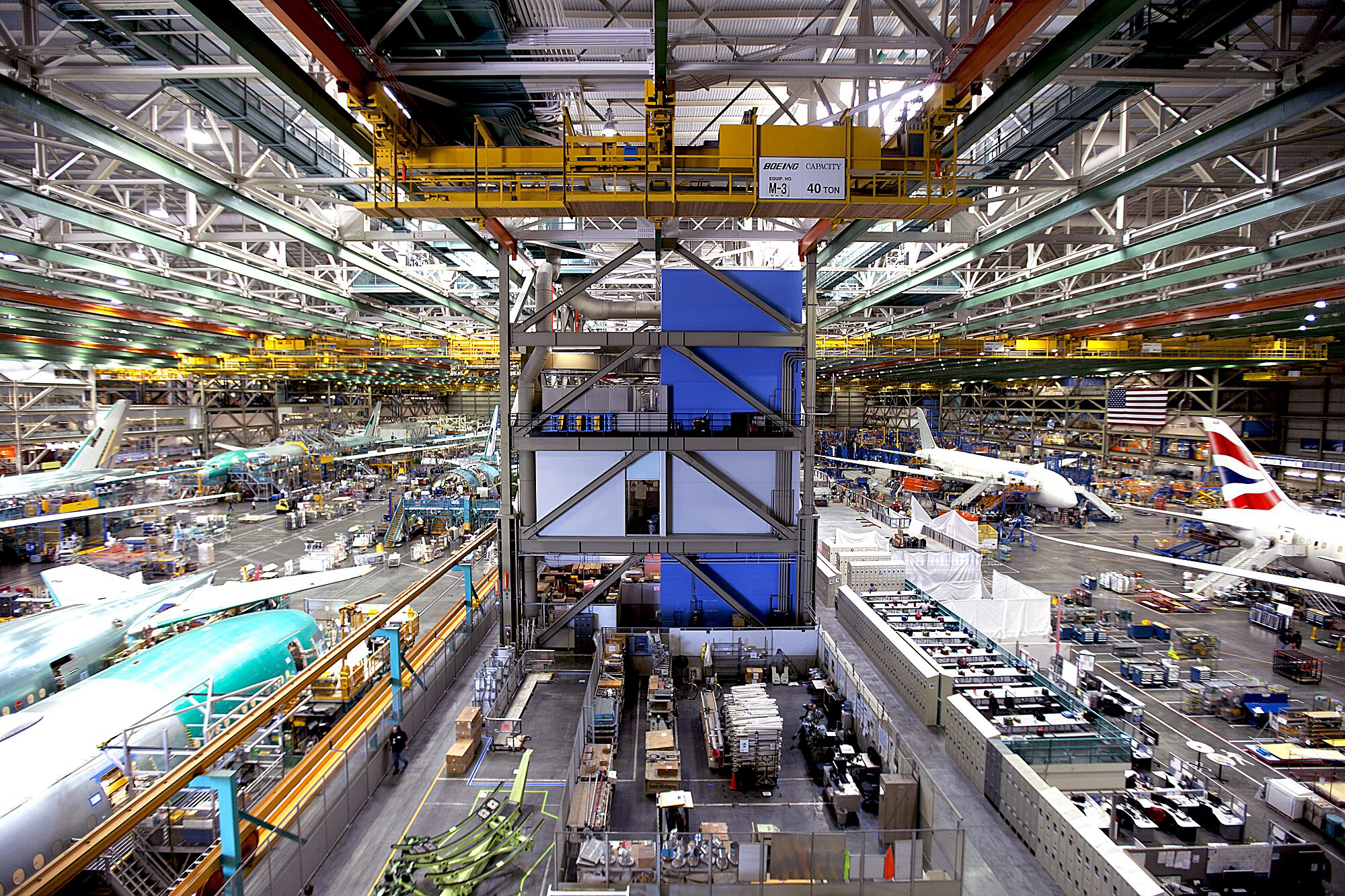Introduction:
In a significant escalation of the ongoing U.S.-China trade war, China has reportedly instructed its airlines to halt deliveries of Boeing aircraft and suspend purchases of American-made aircraft parts. This move comes in response to the U.S. imposing 145% tariffs on Chinese goods, prompting China to retaliate with 125% tariffs on U.S. imports. The directive is expected to impact Boeing’s operations significantly, as China accounts for a substantial portion of the global aviation market. This article delves into the details of this development, its implications for Boeing, and the broader context of U.S.-China trade relations.
China’s Directive and Its Immediate Impact:
According to Bloomberg News, China’s aviation authorities have ordered domestic airlines to suspend deliveries of Boeing aircraft and halt purchases of U.S.-made aircraft parts. This decision affects major Chinese carriers, including Air China, China Eastern Airlines, and China Southern Airlines, which collectively had plans to receive 179 Boeing planes between 2025 and 2027.
The immediate consequence of this directive is a significant disruption in Boeing’s supply chain and order fulfillment. Boeing’s stock has already felt the impact, dropping by up to 3% following the news. The halt in deliveries not only affects Boeing’s financial performance but also raises concerns about its long-term presence in the Chinese market.
Broader Implications for Boeing:
China represents a crucial market for Boeing, accounting for approximately 15% of global commercial aviation—a figure projected to rise to 20% over the next 15 years. The suspension of deliveries could lead Chinese airlines to seek alternatives, such as Airbus or domestic manufacturers like COMAC. Airbus, in particular, stands to benefit, having already established a significant presence in China with a final assembly line in Tianjin.
The directive also poses challenges for Boeing’s existing fleet in China. The halt in purchasing U.S.-made aircraft parts could increase maintenance costs for Chinese airlines operating Boeing aircraft, potentially leading to operational inefficiencies and increased expenses.
Context of the U.S.-China Trade War:
The trade tensions between the U.S. and China have been escalating, with both countries imposing significant tariffs on each other’s goods. President Trump’s administration recently increased tariffs on Chinese imports to 145%, prompting China to retaliate with 125% tariffs on U.S. goods. These measures have disrupted global supply chains and affected various industries, including aerospace, technology, and pharmaceuticals.
China’s decision to target Boeing specifically underscores the strategic nature of its retaliatory measures. By focusing on a prominent U.S. exporter, China aims to exert pressure on the U.S. government while also promoting its domestic aerospace industry.
Potential Shift Towards Domestic Manufacturers:
The current situation presents an opportunity for China’s state-owned aircraft manufacturer, COMAC, to expand its market share. COMAC’s C919 aircraft, designed to compete with Boeing’s 737 and Airbus’s A320, has already garnered interest from Chinese airlines. With the suspension of Boeing deliveries, Chinese carriers may accelerate their adoption of the C919, bolstering China’s ambitions to become a major player in the global aerospace industry.
Global Repercussions and Industry Response:
The implications of China’s directive extend beyond Boeing and the U.S. aerospace industry. The disruption in aircraft deliveries and parts supply could have ripple effects throughout the global aviation sector, affecting airlines, suppliers, and maintenance providers. Additionally, the trade tensions contribute to broader economic uncertainty, potentially impacting global markets and investor confidence.
In response to the escalating trade war, various stakeholders are calling for diplomatic engagement and negotiations to de-escalate tensions. Industry leaders emphasize the importance of stable trade relations and the need for collaborative solutions to address the challenges facing the global economy.
Conclusion:
China’s decision to halt Boeing aircraft deliveries amid escalating trade tensions with the U.S. marks a significant development in the ongoing trade war. The move not only affects Boeing’s operations and financial performance but also signals a potential shift in the global aerospace market dynamics. As both countries navigate this complex economic landscape, the importance of strategic diplomacy and international cooperation becomes increasingly evident.
This article is based on publicly available information and reports as of April 2025. While every effort has been made to ensure accuracy, we cannot guarantee the completeness of the information provided. If you are the rightful owner of any content and wish it to be taken down, please email takedown@cockpitking.com.
